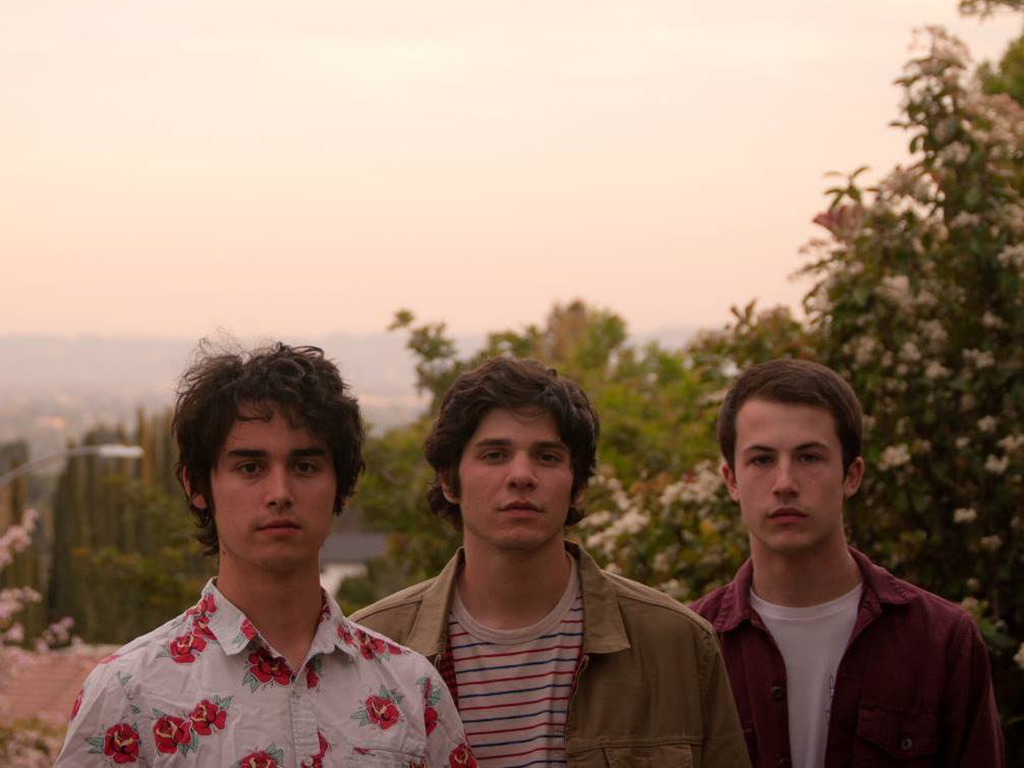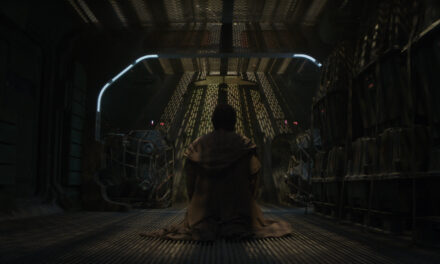Variety is a good thing. Sure, a routine can be nice to get you on track or to cut down on preparation time in your day, but all routine all the time is no way to live. It’s exciting to eat new meals, travel to new places, or to wear mismatched socks (a life tip I swear by). The same is true in music. It’s good to have the staples that make up your favorite songs and artists, but there’s so much music out there it’s a shame to not explore a bit. If you’re looking for a place to start in your exploration, Jordan Rakei’s Wallflower is a good choice. Rakei’s latest effort combines his penchant for quality songwriting with a truly mind-boggling array of styles and sounds.
Each of the 11 tracks on Wallflower is an entirely new experience. Some of the songs even massively switch gears in the middle of their runtime. Album opener “Eye To Eye” begins as an emotional plea over acoustic guitar. Midway through, it shifts to a blues track fueled by sliding and shifting synths. It can be startling the first time you hear it, but Rakei has the knowledge and skill to pull it off.
The variety means there’s something for everyone to enjoy on Wallflower. Are you a jazz person? “Clues Blues” has the brassy tones and unpredictability that you crave. Want a slightly more traditional pop single with a bit of funk thrown in? “Nerve” serves that purpose well with a message of self-love that is always welcome to hear. “Carnation” is a brooding display of soul-searching over oscillating electronics that convey the struggle of finding solid mental ground. Rakei can also play well with others, as proven by Wallflower’s titular track with English singer Kaya Thomas-Dyke, a moving duet that brings the album to a conclusion.
The risk of such a wide array of sounds and ideas happening in an album is that some of them might not work, and there are a couple of weak tracks that falter next to their stronger contemporaries. “Chemical Coincidence” is largely forgettable sandwiched between “Clues Blues” and “Carnation.” While most tracks have a strong sense of their own identity in Rakei’s performance, “Sorceress” never feels like it knows what it wants to be, leaving it an echoing jumbled mess. These missteps are few and far between, though, with the majority of Wallflower serving as a great listen.
It’s an exciting feeling listening to an album and having absolutely no idea what might come next. Jordan Rakei harnesses that unpredictability on Wallflower by crafting quality songs that span numerous genres. That sense of scope and ambition don’t always work out as best they could, but on the whole Wallflower is both an enjoyable listen and a showcase for his vast musical knowledge and skill. Grab the weirdest pairing of mismatched socks you can find and dig into the music.













